SHARP! Core Faculty and Laboratories
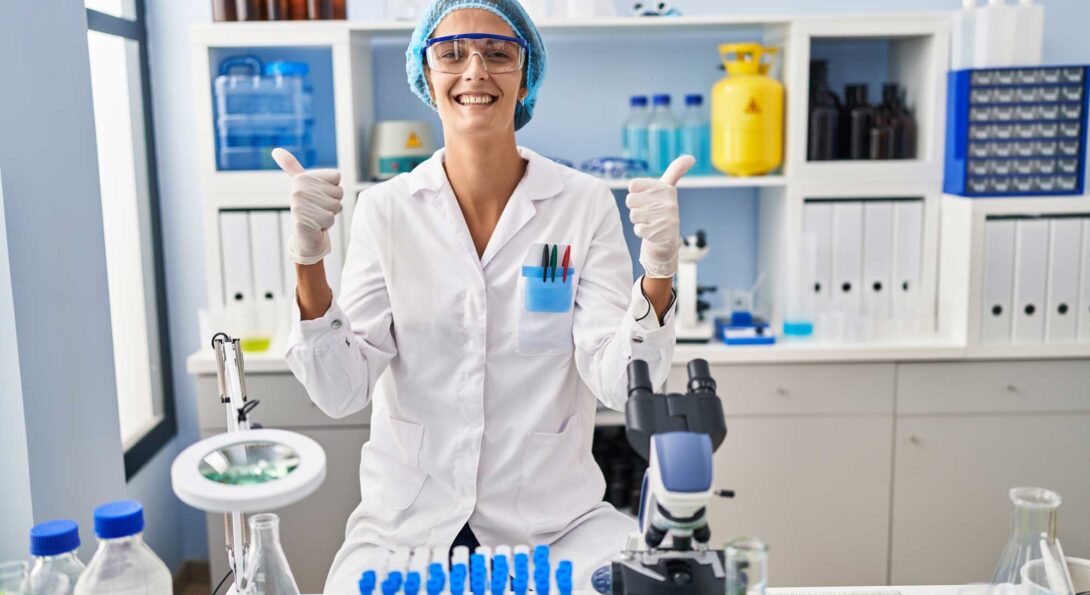
Core Faculty and Laboratories
Principle Investigator:

Dr. Ian Papautsky is the Richard and Loan Hill Professor of Biomedical Engineering and serves as the Co-Director, NSF Center for Advanced Design & Manufacturing of Integrated Microfluidics. He completed his Biomedical Engineering Degree at Boston University and PhD at the University of Utah.
Dr. Papautsky’s laboratory has received numerous national awards for creativity and notable advances in the field, including Distinguished Established Researcher at the University of Illinois Chicago and the Research Excellence Award at the University of Cincinnati. Dr. Papautsky research focus is on innovating microfluidic and sensing technologies for hematology, oncology, and precision medicine. Dr. Papautsky and his team pioneered inertial microfluidics technology for label-free isolation of rare cells, especially as it pertains to the detection of circulating tumor cells. Applications include early diagnostic tests as well as monitoring for cancer relapse. He has over 300 publications including original manuscripts, conference proceedings, book chapters, and patents.
Projects

- Inertial microfluidics for cell separations
- microfluidic liquid biopsy for cancer cell isolation
- microfluidic models of cancer
- drug screening using cancer organoids
Principle Investigator:
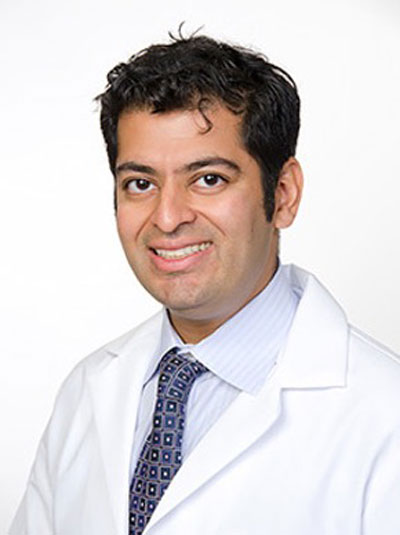
Dr. Ankit Mehta received M.D. from Harvard Medical School and MIT in the Health Sciences and Technology pathway. He completed an internship in general surgery at Brigham and Women’s Hospital and a residency in neurological surgery at Duke University. During his residency training, Dr. Mehta completed an enfolded stereotactic radiosurgery fellowship. After his residency, Dr. Mehta completed a complex spine and spinal oncology fellowship at The Johns Hopkins Hospital.
Dr. Mehta’s research efforts focus on patients with complex spinal conditions, most notably spinal tumors and spinal deformity. He is the Director of Spinal Oncology and directs a laboratory specifically examining animal models of spinal tumors, both primary and metastatic, with the goal of applying his findings to new treatments for patients. His involvement with national and international study groups examining outcomes for patients with such conditions reflects his focus on patient care, and his clinical concentration on treating patients with spinal tumors.
Projects

- Spinal Cord Injury
- Traumatic Brain Injury
- Implantable Devices for Treatment of Tumors of the Spinal Cord and Column
Principle Investigator:
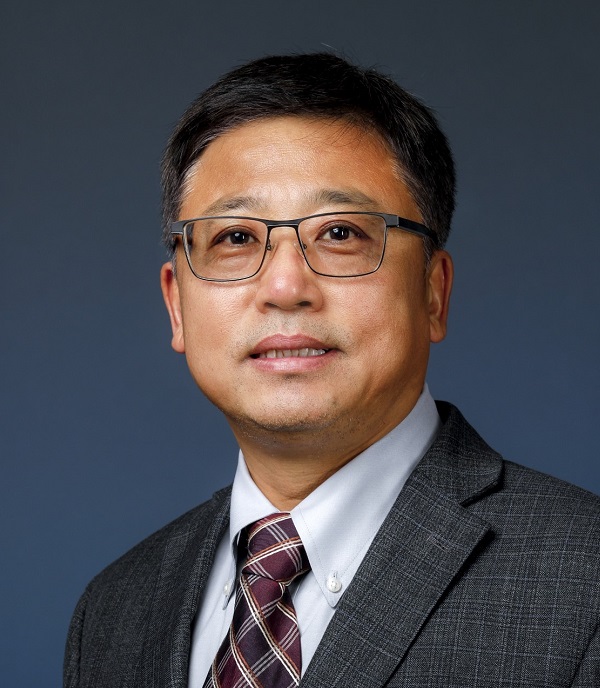
Dr. Xincheng Yao is a Richard & Loan Hill Chair of Biomedical Engineering and Ophthalmology & Visual Sciences, University of Illinois at Chicago (UIC). Dr. Yao received his PhD in Optics from the Institute of Physics, Chinese Academy of Sciences in 2001. This was followed by his postdoctoral research in the Biophysical Group at Los Alamos National Laboratory (LANL) and then served at CFD Research Corporation as a Senior Research Scientist. He joined the University of Alabama at Birmingham (UAB) as a tenure-track Assistant Professor of Biomedical Engineering (BME) and was later awarded the National Science Foundation (NSF) CAREER Award At UAB, he became the co-director of Advanced Image Analysis Module, Vision Science Research Center. He joined UIC as a Professor of Biomedical Engineering and Ophthalmology & Visual Sciences in 2014, was appointed as a Richard & Loan Hill Endowed Professor in 2016, was selected as a University Scholar in 2018, and was promoted to a Richard & Loan Hill Endowed Chair in 2023. He has authored more than 100 peer-reviewed articles, and given multiple invited talks and seminars in conferences, universities and research institutes. He has served on editorial boards of Experimental Biology and Medicine, Quantitative Imaging in Medicine and Surgery, and Frontiers of Optoelectronics. He was elected as a fellow of the International Society for Optics and Photonics (SPIE) and the American Institute for Medical and Biological Engineering (AIMBE) in 2019, and Fellow of Optica in 2024. He serves as the director of Instrument Core Facility at the UIC Lions of Illinois Eye Research Institute. His research lab has been funded by NIH, NSF, Dana Foundation, Eyesight Foundation, etc.
Projects
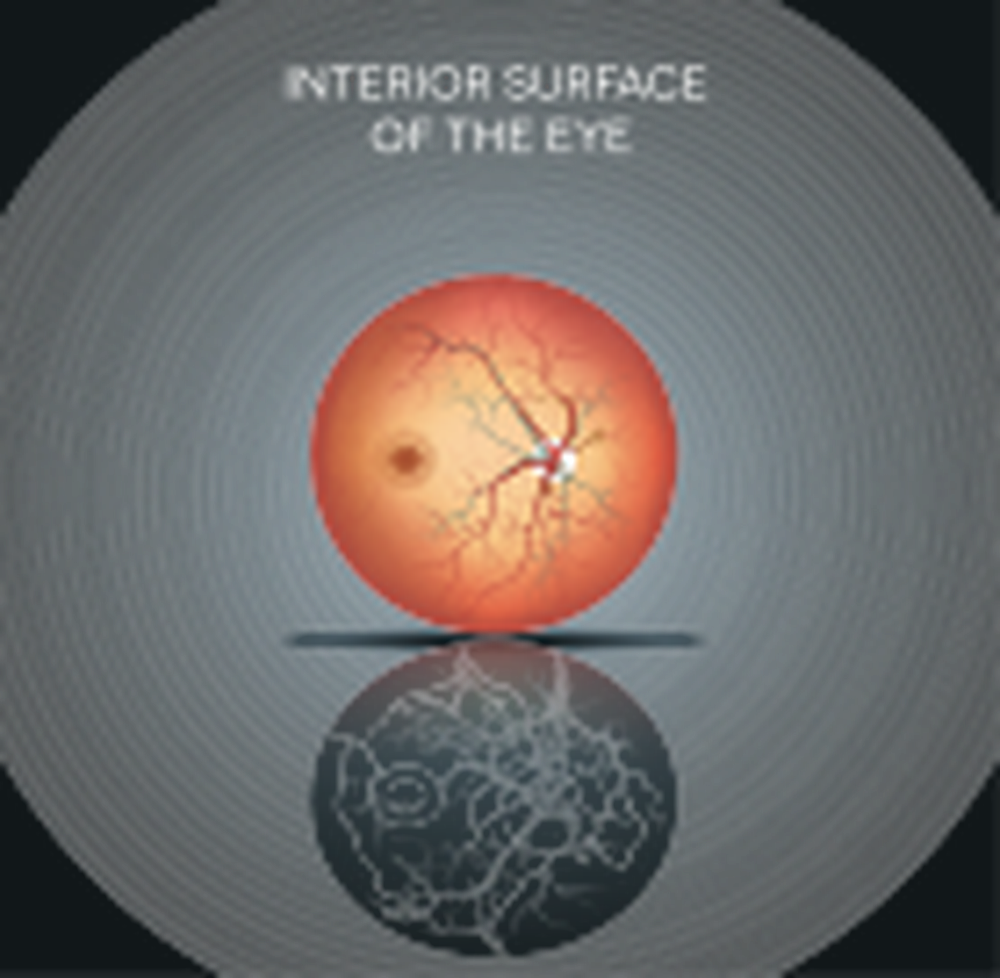
- Dr. Yao’s research interests include biomedical optics instrumentation
- ultra-wide field fundus photography
- functional optical coherence tomography (OCT)
- OCT angiography
- superresolution ophthalmoscopy
- machine learning based image classification
Principle Investigator:
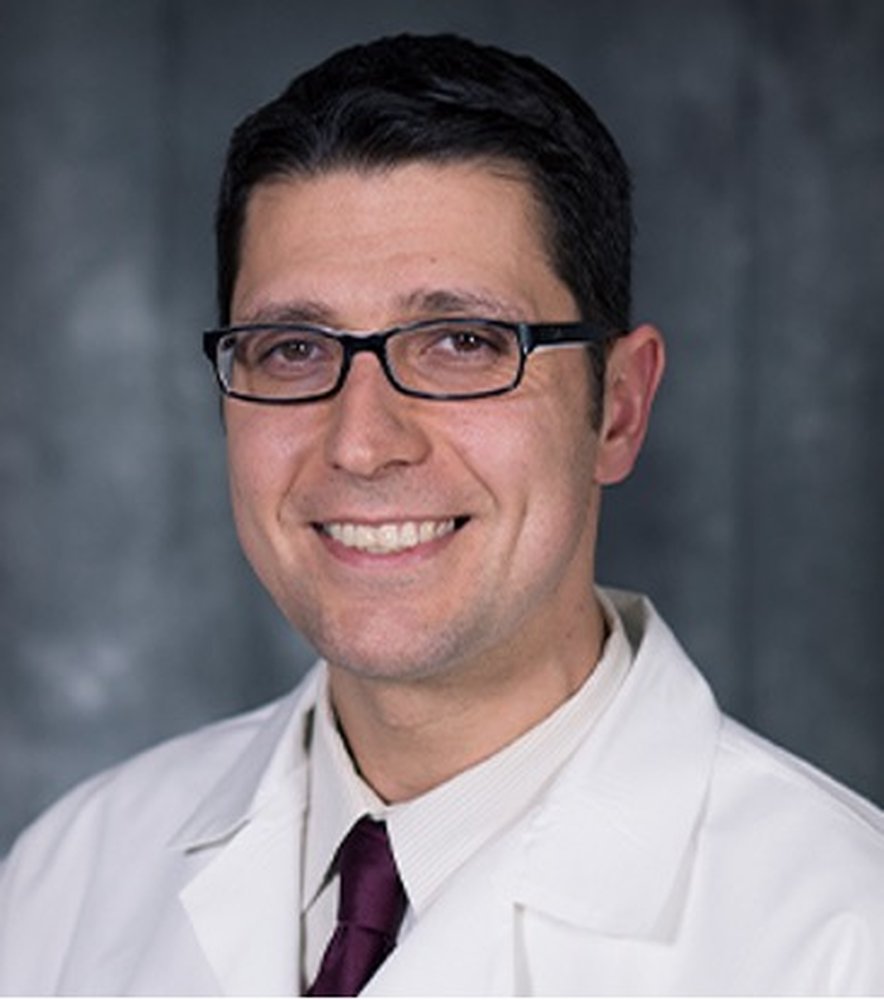
Lee Alkureishi, MD, serves as a Craniofacial and Plastic Surgeon at Shriner’s Childrens Hospital and at the University of Illinois Craniofacial Center. He specializes in reconstructive surgery of the head and neck, including microvascular reconstruction, orthognathic and reconstructive jaw surgery, and osseointegrated implant surgery. Dr Alkureishi works with the multidisciplinary team at the Craniofacial Center to provide state-of-the-art care for patients with cancer, complex wounds and traumatic defects. Dr Alkureishi attended the University of Glasgow Medical School in his home country of Scotland, graduating with an additional bachelor’s degree in Anatomical Sciences. He went on to complete his basic surgical training in Glasgow, and obtained Membership of the Royal College Surgeons (MRCS) before completing the remainder of his training in the United States. He completed an integrated residency in Plastic and Reconstructive Surgery at the University of Chicago, before going on to fellowship in Pediatric Plastic and Craniofacial Surgery at Northshore University and Shriners Hospitals for Children in Chicago.
Dr Alkureishi has lectured at National and International meetings on a variety of Plastic Surgery topics. He has published several original articles in peer-reviewed publications, and has authored or co-authored several book chapters on topics including craniofacial microsomia, genioplasty, sentinel node biopsy for head and neck cancer, tissue expansion, management of congenital nevi, and secondary breast reconstruction.
Projects

- Virtual Reality and artificial intelligence strategies to model 3-D reconstructive strategies in Cleft & Craniofacial Surgery
- Maxillofacial Surgery/Orthognathic Surgery; 3-D Printing in Head & Neck Reconstruction
Principle Investigator:
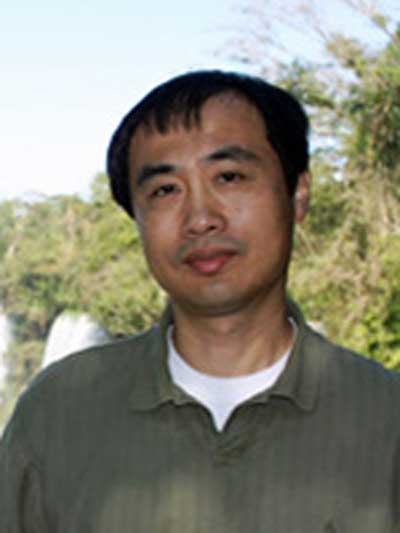
Dr Liaohai Chen, PhD serves as the Director of the Surgical Innovation Training Laboratory at the University of Illinois Chicago. Dr Chen’s research is at the convergence of engineering with physical sciences and life sciences and focuses on translational efforts in developing smart tools for surgery and drug delivery, early disease warning devices, and probes for molecular imaging and imaging guided therapy. Research themes have included intraprocedural microperfusion quantification for tissue function assessment, anastomosis, flap and transplantation surgeries; intraprocedural tissue spectroscopy and imaging to unveil nerves, vessels, or tumor mass, etc., thus to reduce the chance of tissue damage, and to precisely margin tumor tissues, portable devices to monitor disease biomarker and medication adherence, development of a smart reagent with dual functions of imaging and therapy for surgical oncology, and coupling intraoperative local optical spectroscopy/imaging with pre-operative tomography image for more precise surgical maneuvers.
Presently, Dr Chen focuses on collaborating with Argonne National Lab using artificial intelligence to enhance robotic surgical strategies.
Projects

- Artificial intelligence
- Robotic surgery
Principle Investigator:
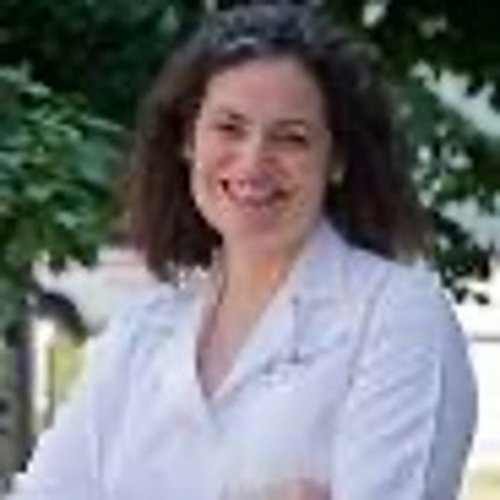
Dr Bartholomew currently serves as Professor of Surgery and Adjunct Professor of Biomedical Engineering at the University of Illinois at Chicago. She is the Chief of Translational Research for the Department of Surgery, Director of the Advanced Surgical Education Program for Medical Students, and Co-Director of SHARP! the Summer High School Apprenticeship Program in AI, Robotics, and Bioengineering. Dr Bartholomew teaches microsurgery, surgical skills and case discussion, and the Anatomy and Surgery Intensive. Her research laboratory focuses on the effects of electromagnetic waves on tissue injury and regeneration. She has over 100 publications including original manuscripts, abstracts, book chapters, and patents and has received over $40 million in research funding from government, industry, and private foundation sources.
Dr Bartholomew completed her undergraduate and graduate degrees in the Honors Program in Medicine at Northwestern University, a general surgical residency at the University of Illinois, a solid organ transplant fellowship at Massachusetts General Hospital, an affiliate of Harvard University, and a master’s degree in public health with a focus in nutrition from Johns Hopkins Bloomberg School of Public Health. She holds a Higher Education Teaching Certificate from the Derek Bok Center of Teaching and Learning at Harvard University.
Projects:
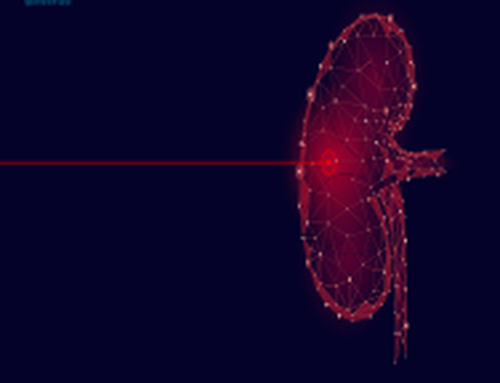
- Mesenchymal stem cell-based tissue regeneration
- Electromagnetic Waves in tissue regeneration
- Electromagnetic waves in Acute Radiation Injury
- Surgical Education
https://chicago.medicine.uic.edu/surgery/surgery-research/research-labs/bartholomew-laboratory/
Principal Investigator
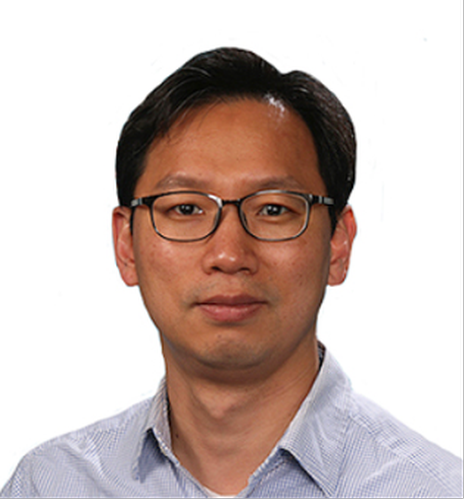
Dr. Kiwook Kim completed his undergraduate and master degree studies in biomedical science at Handong Global University, in S. Korea. He then pursued a PhD in immunology at the Weizmann Institute of Science in Israel (under Dr. Steffen Jung) and post-doctoral training in Dept. of Microbial Pathogenesis at Yale University School of Medicine, New Haven. He also pursued further postdoctoral studies in Pathogenesis & Immunology at Washington University School of Medicine, St. Louis (under Dr. Gwendaly Randolph). His specific interest is in how immune cells contribute to tissue repair and regeneration following pathogen infection or tissue injury. Completing his training, Dr. Kim started his own laboratory in the department of Pharmacology and Regenerative Medicine at UIC. Currently, he focuses on the heterogeneity, in vivo origins/development, and pathophysiological roles of macrophages in steady state as well as pathological conditions (both inflammatory phase and resolving-phase) taking advantage of cutting-edge fate-mapping approaches, in vivo cell ablation, cell-type specific gene deletion strategy and in vivo intravital imaging techniques combined with high throughput transcriptomic analysis.
Projects:
Our research goal is to determine the overlapping and distinct tissue-specific functions of local tissue macrophages and inflammation-induced macrophages recruited from circulating monocytes in peripheral tissues. For this we employ several macrophages studies, we are studying the how tissue-resident macrophage contribute to the tissue homeostasis in the lungs, how macrophages residing in a tongue interact with nerves to sense taste, how macrophages in serous- cavities or mesothelium respond to commensal bacteria or bacterial pathogen infection.
Tissue Regeneration, Immune Responses

.
Principal Investigator

Dr Richard Minshall received his B.S. from Washington State University, WA in Biological Sciences. Thereafter, he undertook a PhD, in Pharmacology at the University of Illinois, Chicago and Postdocs in Cardiovascular Physiology and Lung Vascular Biology at Oregon Health and Sciences, Oregon and the University of Illinois, respectively.
Dr Minshall’s research interests involve genetic in vivo and in vitro approaches, disease models, and human tissues, to understand how blood vessels signal and change. Specifically, he is interested in how blood vessel engineering can affect inflammation in the brain, kidney and in conditions such as diabetes and stroke.
Projects:
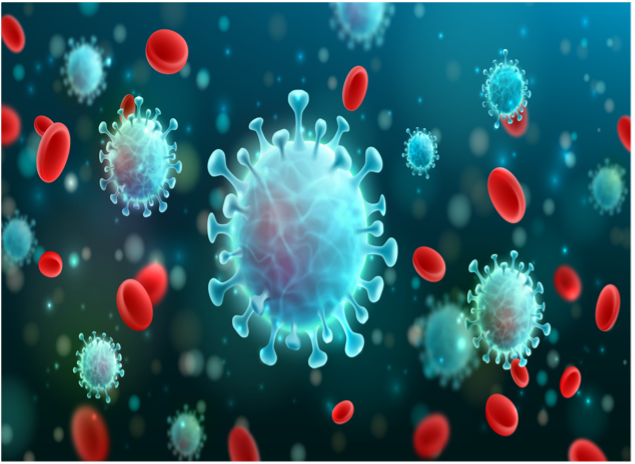
Vascular biology and engineering in inflammatory conditions such as stroke, diabetes, and pulmonary hypertension and in infections such as schistosomiasis and COVID.